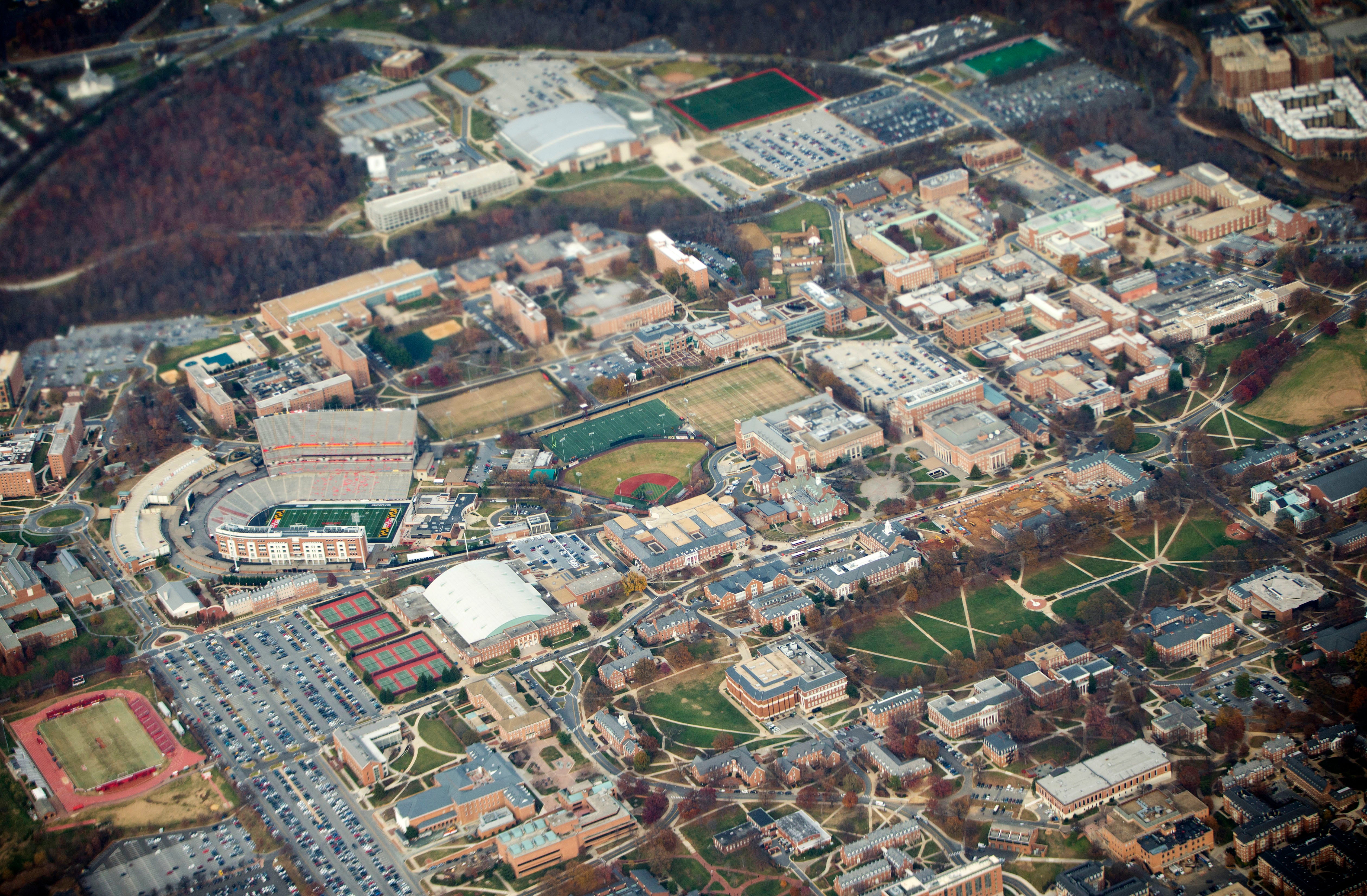Judge allows University of Maryland student group to hold Gaza vigil after school tried to cancel it
Students argued ban on event was rooted in censorship and stereotypes
Your support helps us to tell the story
From reproductive rights to climate change to Big Tech, The Independent is on the ground when the story is developing. Whether it's investigating the financials of Elon Musk's pro-Trump PAC or producing our latest documentary, 'The A Word', which shines a light on the American women fighting for reproductive rights, we know how important it is to parse out the facts from the messaging.
At such a critical moment in US history, we need reporters on the ground. Your donation allows us to keep sending journalists to speak to both sides of the story.
The Independent is trusted by Americans across the entire political spectrum. And unlike many other quality news outlets, we choose not to lock Americans out of our reporting and analysis with paywalls. We believe quality journalism should be available to everyone, paid for by those who can afford it.
Your support makes all the difference.A Maryland federal court on Tuesday sided with students that challenged the University of Maryland’s decision to cancel their planned Gaza vigil set for October 7, the one-year anniversay of the Israel-Hamas war.
In a ruling, Judge Peter J. Messitte said it didn’t matter that some might take issue with the university’s chapter of Students for Justice in Palestine or their views. The school couldn’t stop them from demonstrating on the basis of their ideas alone.
“This is a matter of law, not of wounded feelings,” he wrote. “Free speech as guaranteed by the First Amendment may be the most important law this country has.”
Civil rights advocates celebrated the decision.
“This is a win for all of our right to speak out about matters that concern us,” the ACLU said in the statement.

The University of Maryland said it would comply with the ruling.
“The University of Maryland recognizes, and will abide by, the court’s decision, and will work with all registered student organizers of events requested for October 7,” it said in a statement. “Event organizers, campus officials and UMPD will implement a plan that allows all events to proceed in accordance with the court’s ruling. Notwithstanding today’s court ruling, the safety concerns that were raised remain a source of ongoing attention and focus for us.”
As The Independent reported, the Students for Justice in Palestine chapter sued the school in September, after the university canceled the group’s planned interfaith vigil with a Jewish group, then banned all student-led “expressive events” in the Maryland university system for October 7.
In announcing the shutdown, Maryland officials said they’d received “numerous calls” to cancel the event, but acknowledged there was “no immediate or active threat” to campus surrounding the event.
Abel Amene, a member of Maryland’s Students for Justice in Palestine chapter, toldThe Independent at the time that the worst part of the original decision to cancel the event was “the inherent discrimination that it represents.”
The mere presence of the group’s name on the events calendar, with little more than the date and time of their planned event, was enough to be treated like a terror threat, he said.
“This assumption comes from this age-old trope of treating people from Arab backgrounds, which most of our members are, even I though myself am African, but this assumption that we are all terrorists, that we all support terrorism and that we are dangerous and that there’s something inherently dangerous about our mere existence, our mere holding of an event,” he said. “In reality, the few things that we have released about what the event was intended to be have always been describing it as a vigil.”
During a hearing in the case on Monday, school officials testified about violent threats to administrators ahead of planned October 7 events, including racist threats to University of Maryland president Darryll Pines, who is Black, and a caller who told the university’s general cousel they were “locked and loaded” and planning to bring a gun on campus for self-defense.
Tuesday’s decision granted the student group’s request for a preliminary injunction, and only applies to the university’s expressive events ban on the central College Park campus for October 7.
Students for Justice in Palestine will be required to forfeit a $2,500 security bond ahead of the event.
As The Independent has reported, universities across North America are on elevated security alert ahead of the October 7 anniversay, but pro-Palestinian student activists say new security measures taken after a year of protests are hampering their ability to express their views on campus.

Join our commenting forum
Join thought-provoking conversations, follow other Independent readers and see their replies
Comments